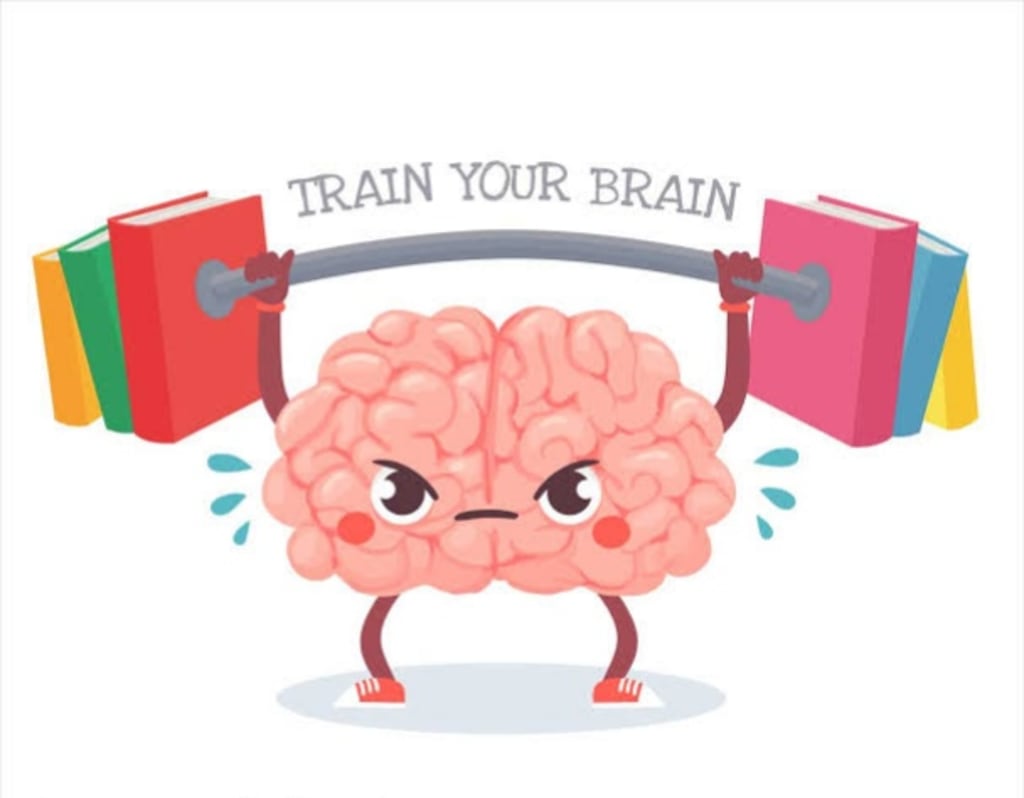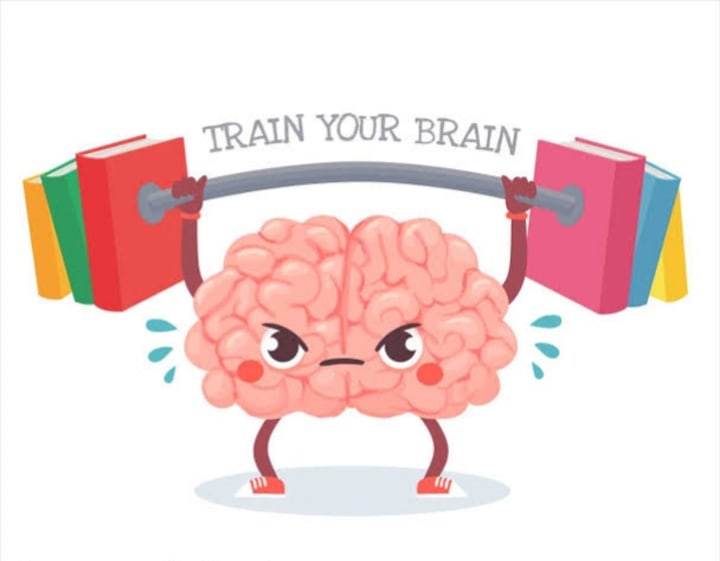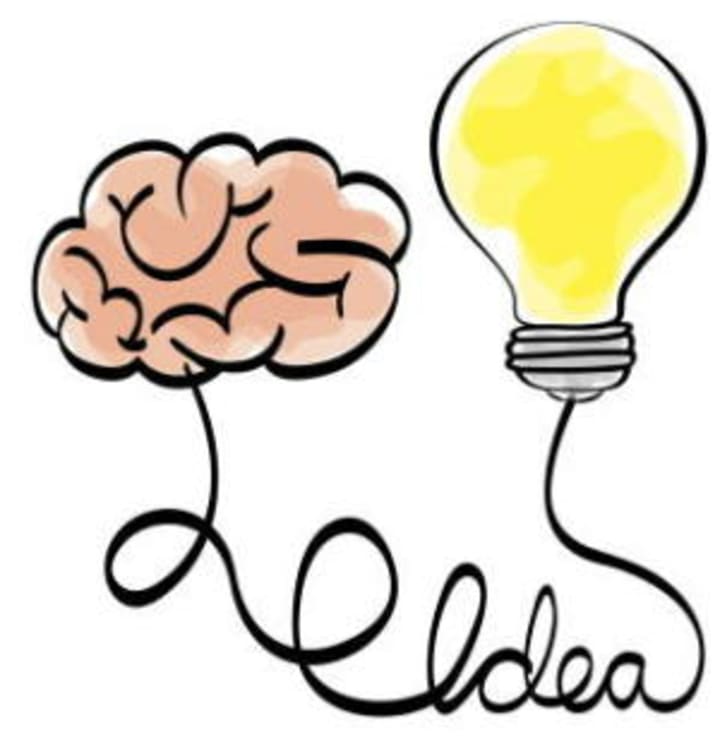5 tips to keep your brain young
Young brain

Challenges to new things activate your brain 5 tips to keep your brain young

5
5
There are individual differences in "aging of the brain"
As we get older, many people lose their cognitive ability. Thinking slows down, it becomes easier to forget, and it becomes difficult to learn new things.
However, there are individual differences in this "aging of the brain", and there are people who do not lose their thinking ability so much as they get older. Some people in their 60s and 70s have sharp thinking skills and are not much different from when they were young.
What kind of lifestyle do people who do not lose their cognitive ability as they get older? Research is being conducted all over the world to find out the secret. Now that life expectancy has increased and it has become commonplace to live longer, it is an urgent task to develop a method to reduce the decline in cognitive ability associated with aging.
Bradford Dickerson and colleagues at Massachusetts General Hospital in the United States focus on "super-agers," who are 60-80 years old but maintain the level of thinking in their 20s and 30s. I am doing.
Normally, as we get older, our mental abilities decline, but superagers have less brain atrophy, and important brain functions such as memory, learning, attention, and judgment are not diminished.
Challenges to new things prevent brain aging
The first thing that declines with age is the ability to process information quickly and respond to changes in the environment. Such thinking ability peaks in the early twenties and gradually declines. By compensating for that, the experience of middle-aged to old age will be accumulated as knowledge and will be useful as a mental skill.
"Many people are afraid that their brains will be weakened, but it has also become clear that there are effective lifestyles to keep your brain healthy. People who have a strong brain have a common lifestyle, which means they are not afraid to try new things, "says Dickerson.
“Life can be a big change in the environment, and it can be a hassle to adapt to change. When that happens, trying new challenges can help rejuvenate your brain. This is a young person between the ages of 40 and 50. That's also true, "Dickerson points out.
Super-ager's brain is active

Dickerson and colleagues tested memory and scanned the brain with magnetic resonance imaging (MRI) in 41 young people aged 18-35 and 40 elderly people aged 60-80.
We read a list of 16 nouns at 1-second intervals and tested how many words we remembered after 20 minutes. Older people remembered only 8-9 words on average, while super-agers remembered 14-16 words. This is at the same level as the performance of young participants.
The white and gray matter inside the cerebral cortex connects nerves in the cerebral cortex with other nerves. It plays the role of a command tower that controls higher-order functions necessary for human life, such as perception, movement, thinking, reasoning, and memory. Of these, the white matter plays an important role in connecting various areas of the brain.
As we get older, in many cases the brain gradually atrophies. Brain atrophy is thought to be associated with cognitive decline. Recent studies show that older people lose about 1% of white matter and about 0.7% of gray matter each year.
Brain scans showed that white matter and gray matter were active in superagers with less memory loss.
5 Tips to Keep Your Brain Youthful
Studies from Massachusetts General Hospital in the United States and Heriot-Watt University in the United Kingdom have revealed that superagers have a common lifestyle.
● 5 tips to keep your brain youthful
1. Continue exercising such as walking as a habit
Many studies have shown that continuing exercise as a habit helps prevent contractions in the areas of the brain that control memory. A recent study reported that the group who continued exercising such as walking for 6 months expanded the memory area of the brain by up to 2%, while the group who spent sitting was contracted by 1%.
Exercise is good not only for the brain but also for the heart. The results show that those who continue walking for one hour every day have a nearly 30% reduction in the risk of dying from cerebral infarction and a nearly 20% reduction in the risk of dying from cardiovascular disease including myocardial infarction.
People between the ages of 18 and 64 are recommended to do "30 minutes of medium intensity or higher walking 5 times a week" and "sweaty intensity exercise 60 minutes a week".
2. A healthy diet is good for your brain
A healthy diet is also good for your brain health. A healthy diet boosts brain performance.
It is necessary to pay attention to carbohydrates, which are the nutrient source of the brain, and if a large amount of processed and refined carbohydrates is ingested, the blood glucose level rises after meals and the blood glucose fluctuation becomes large, which is not good for the brain. If it is unrefined sugar, it will rise slowly and stably, so it will continue to maintain a certain level of energy and is kind to the brain.
In addition, polyunsaturated fatty acids (PUFA) contained in blue-backed fish such as saury, yellowtail, and sardines, and nuts are taken up by nerve cells in the brain to improve fat flow and remove excess cholesterol. .. PUFAs are also thought to help repair the negative effects of excess carbohydrates on the brain.
Conversely, animal fats in meat are high in saturated fatty acids, which increases bad LDL cholesterol. Beef and pork ribs, chicken skin and processed meats are particularly high in saturated fatty acids.
I also want to get enough vegetable protein such as grains and beans. Compared to animal foods, plant foods contain more vitamins and minerals required for the production of nerve cells, leading to improved brain function.
3. Do social activities and develop networks
Social activity activates the work of the brain. Many studies have confirmed that cognitive decline can be suppressed in people who continue such activities. On the other hand, if you are socially isolated, your brain will work slowly, and you will be less motivated and more likely to get angry.
Get in touch with old acquaintances, make new friends, join social groups to develop networks, participate in local projects, and more.
Participation in team sports and competitive sports leads to the elimination of lack of exercise and the creation of new connections, and is two birds with one stone.
4. Do intellectual activities
Intellectual activity raises memory and cognition. When you try new things or learn new things, the neural network in your brain increases. It is known that the elderly who are active in intellectual activity have less decline in cognitive ability.
If you used to play music, try new musical instruments, increase your knowledge on the Internet, create art, start language learning, and other activities that activate your brain to improve your cognitive ability. Can be improved.
Polishing old skills also leads to brain activation. Re-learning and brushing up the language and math that you learned when you were a student is a good exercise for your head. The more difficult it is to learn a new skill, the more it can activate the brain.
5. Make time to relax
Stress affects a variety of physical and mental illnesses and symptoms. If stress is associated with the cause of the illness, how to deal with the stress is also important as a treatment.
Various illnesses such as diabetes, hypertension, heart disease, stomach pain, diarrhea / constipation, low back pain, and menopausal disorders are affected by stress. Great stress can cause brain dysfunction. Various stresses are also associated with mental illnesses such as depression and anxiety disorders.
It is important to have time to relax and to rest your tired mind and body. If you have symptoms and need medical treatment, it is important to take the time to receive the necessary treatment after seeing a doctor.
Thanks For reading
About the Creator
Atta Hussain
God is great my name is atta hussain and I am a MBBS doctor






Comments
There are no comments for this story
Be the first to respond and start the conversation.